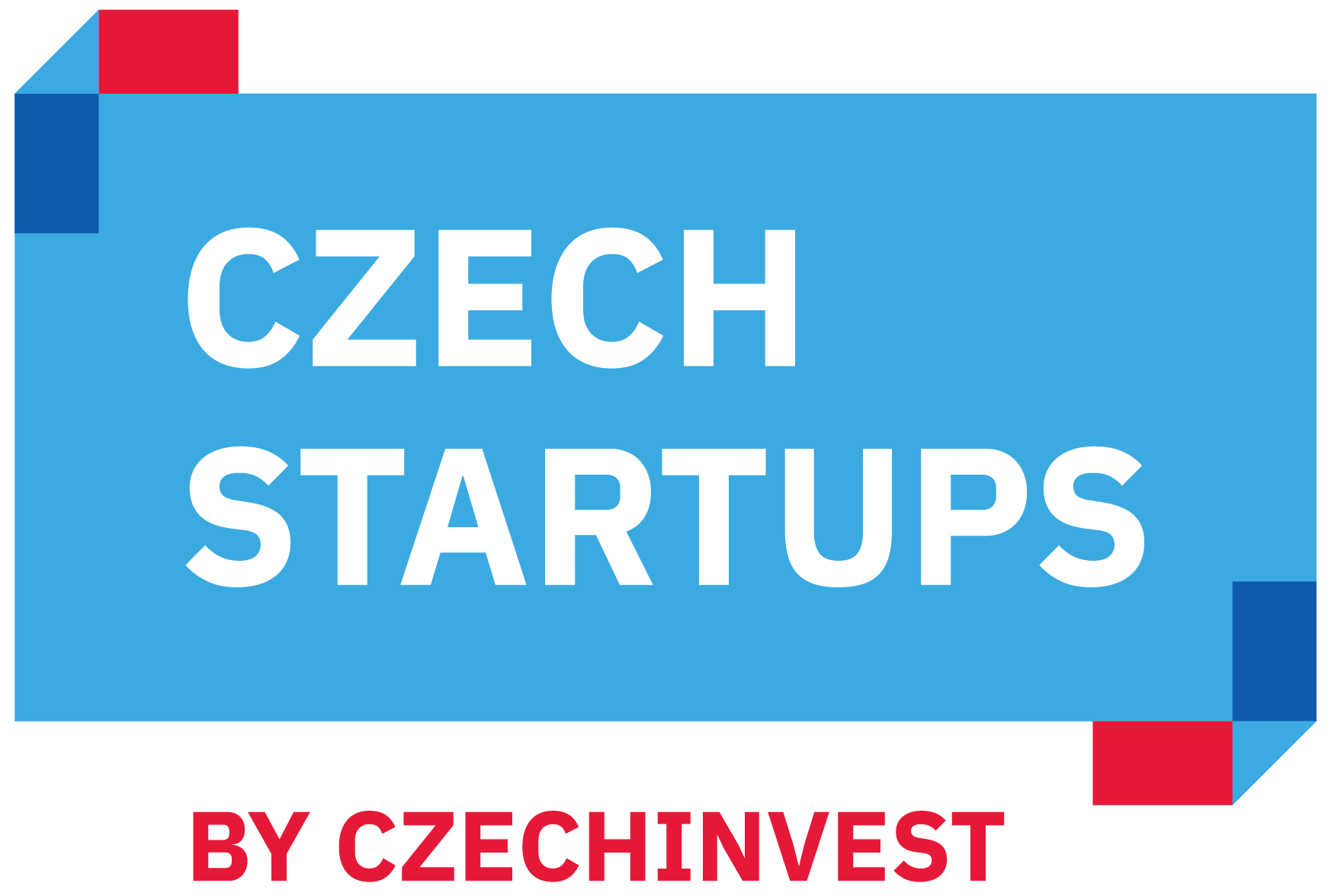The Czech start-up HARDWARIO originated as a spin-off of the globally known Czech security firm Jablotron. A small team of specialists and developers established a small but high-quality Czech firm that helps other firms with innovations in the area of IoT.
Alan Fabik has been there since the beginning and is now reaping successes. With its BigClown IoT kit, HARDWARIO is debunking myths and showing that you can build your own security system, energy meter and flood detector. As Alan says: “Our aim is to make it possible for everyone who is computer literate to be able to build their own elements of the internet of things from our kit.” This vision impressed the jury so much that HARDWARIO was awarded first place in the Huawei Start-up of the Year 2018 category of the international Vodafone Idea of the Year competition.
1) Alan, can you tell us more about your BigClown project?
It is an open electronics kit for makers on which our team has been working since 2016. We are driven by the desire to make it easier for others to create their own elements of the internet of things, such as sensors, actuators, controllers and so on. With this project, we are focusing on the whole world, but development and production will happen in the Czech Republic.
2) You are one of the winners of Idea of the Year. What led you to enter that particular competition?
We were aware of the competition from past years and we know that it is at a high level in terms of participants, organisation and publicity. So, the main motivation to take part in it was to better publicise our kit and to present it to the general public and to possible partners.
3) How big is your potential target group? The BigClown kit is a technical thing.
We are doing everything we can to ensure that anyone who is able and willing to assemble IKEA furniture will be able to work with our kit; in other words, everyone who is willing to get their hands dirty. And it doesn’t matter if that’s an individual maker, a student or a member of a corporate innovation team. So the target group is enormous, but right now we are focusing especially on schools.
4) The icing on the cake is that you are now registered in CzechInvest’s CzechAccelerator programme, which sends Czech start-ups for three-month incubation stays in various destinations abroad. Why did you choose London? Why not Silicon Valley?
There are a few reasons. We have several potential partners in London from the ranks of educational organisations and connectivity providers. London is also the cradle of Raspberry Pi, a single-board computer that is contributing substantially to the DIY movement in electrical engineering. And we are collaborating with several Czech start-ups that are already operating in London, such as TeskaLabs.
Thank you and we wish you much success. Good luck!


